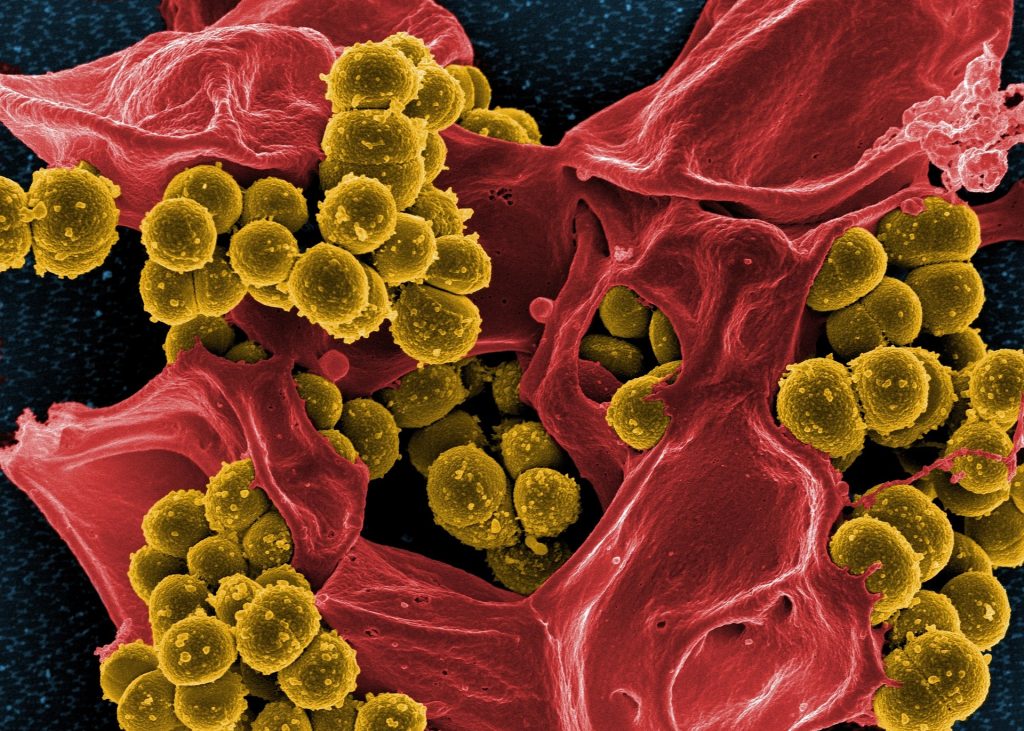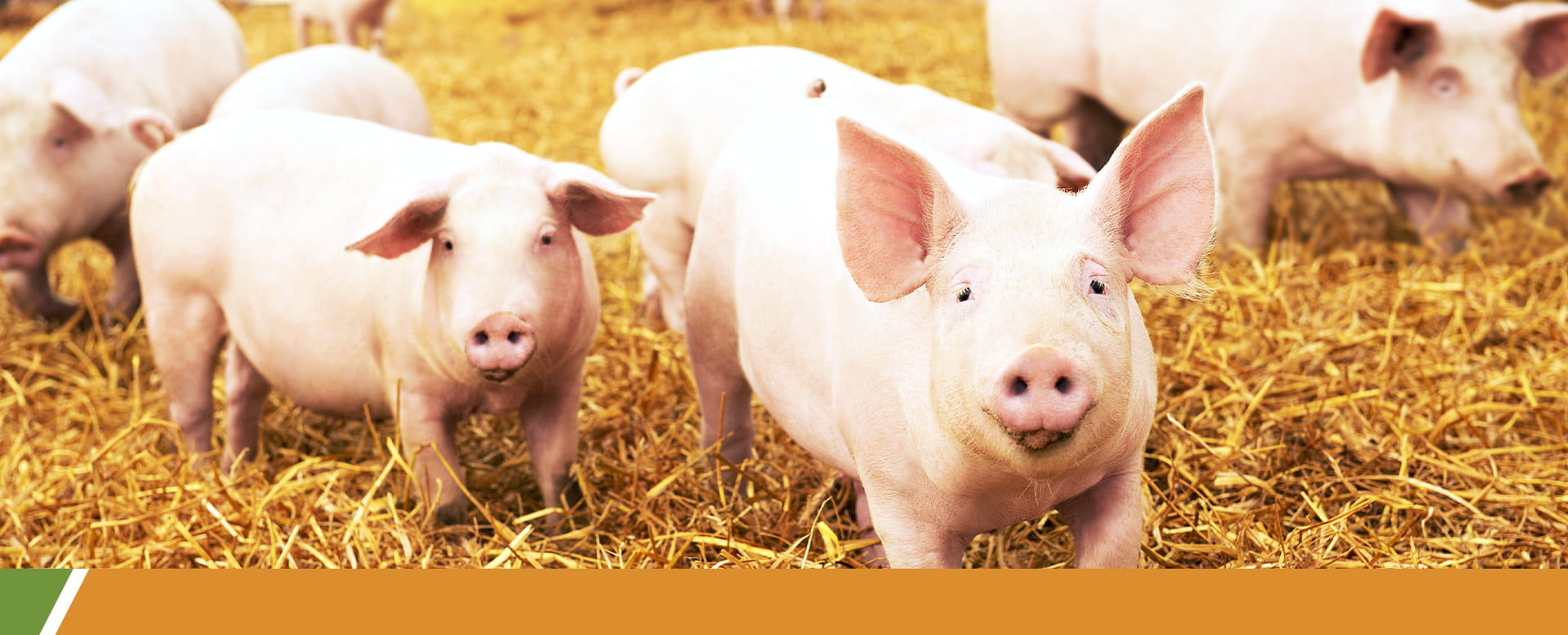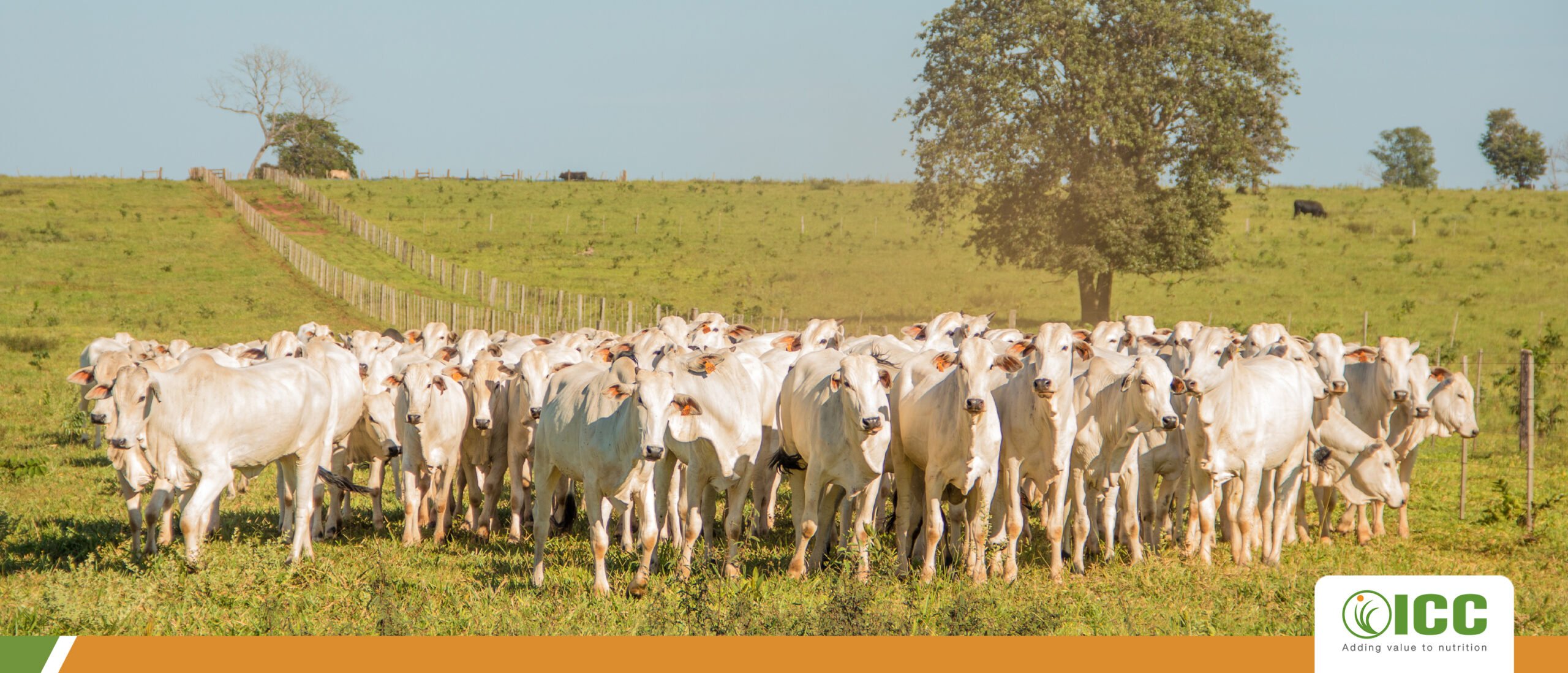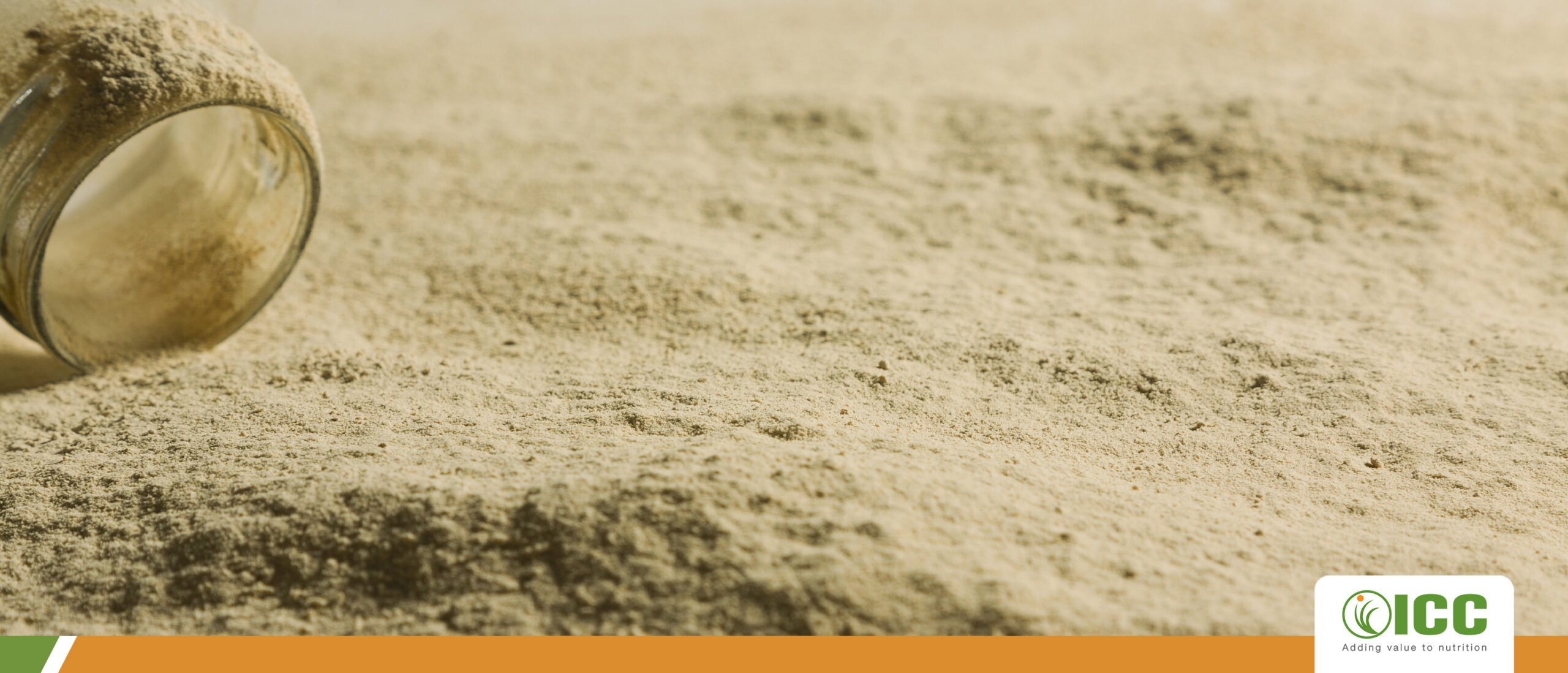The restriction of antibiotics in animal production
Worldwide producers join the ban of antibiotics and AGPs use in animals, seeking public health
The influence of consumers, the scientific community, and regulatory agencies over the industry to stop using antibiotics as performance enhancers and using it rationally in the therapeutic approach in animal production becomes increasingly clear.
The impact of antibiotics and AGPs on animals has been investigated more thoroughly, and recent studies have shown that, in addition to changing the microbiota composition, antibiotics also affect gene expression, protein activity and the general metabolism of gut microbiota.
Not only microbial changes caused by antibiotics increase the immediate risk of an infection, but they may also affect long-term basic immune homeostasis. Moreover, results show that these substances may induce multidrug resistance in bacteria, and consequently harm human health.
For this reason, following the EU’s regulation of 2006, many countries have been joining the ban and restriction of antibiotics and AGPs in animal production.

In January 2017, the USA banned the use of any important antimicrobial substance for human medicine, and large fast-food chains joined antibiotic-free diets, in which antibiotics are never used in the production, not even in a therapeutic approach.
In December 2018, the Department of Agricultural Protection (SDA), which is connected to the Brazilian Ministry of Agriculture, Livestock and Food Supply (MAPA), published Ordinance no. 171, which bans the use of some performance-enhancing antibiotics throughout the country. “The use of antimicrobials tylosin, lincomycin, virginiamycin, bacitracin, and tiamulin as performance-enhancers additives of livestock will be banned.”
According to MAPA, this ban is based on recommendations of international regulatory bodies, such as the World Health Organization (WHO), owing to the possible interference of antibiotic, such as colistin sulfate, banned since 2016 due to the impact on human health.
As reported by WHO’s data disclosed in 2018, around 77 million inhabitants of American continents get sick annually after consuming contaminated food. From this 77 million, the death toll is 9 million – 2 thousand are kids.
Another shocking data disclosed by WHO show that from 2007 to June 2016, 90.5% of the cases of foodborne diseases in Brazil were due to contamination by bacteria.
Thus, banning the use of antibiotics or AGPs in production animal implies nutritional modifications worldwide, as well as the creation of new strategies to maintain animal health, food safety, and satisfactory performance following new standards.
Posted in 28 May of 2019


